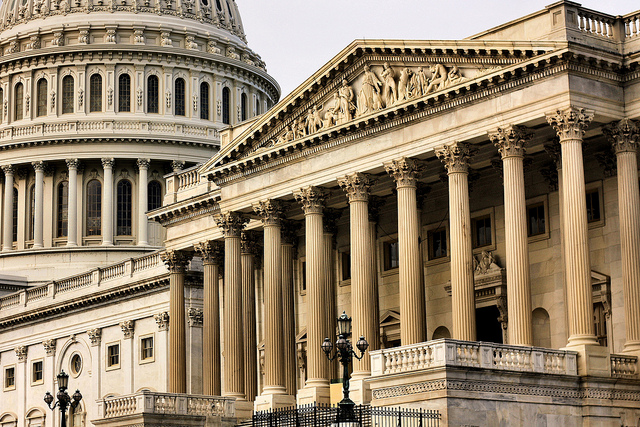On Wednesday a hearing was held in DC to discuss RAWA, the Restoration of America’s Wire Act. The hearing was an information only venture, titled ‘A Casino in Every Smartphone—Law Enforcement Implications’, covering aspects of online gambling in the United States. The hearing took place within the United States House Committee on Oversight and Government Reform with Representative Jason Chaffetz serving as the Chairman of the committee.
Chaffetz role in the hearing is a crucial point as he is a supporter of RAWA and a close ally to Sheldon Adelson, a strong opponent of online gambling. Adelson has spent unlimited amounts of money to try and ban online gambling across the United States. The RAWA legislation would prohibit online gambling services from taking place within the US, if eventually approved.
During the hearing, members of Congress, democrats and republicans, plus witnesses were on hand. Chaffetz as well as the witnesses were able to discuss RAWA and speak on the legalization of in-state online poker as well as additional gambling options. Those who were heard tried to push RAWA and an overall federal ban.
There were two main issues up for discussion during the hearing. First, lawmakers spoke their opinion on if they felt in-state iGambling would create additional risks to gambling customers as well as challenges to law enforcement when compared to land based casino gaming. Also up for discussion was if there is software that would prevent individuals from other states having the option of playing the online casino games in states that offer legalized gaming. This would be referring to geolocation software, which is currently used in New Jersey, Delaware and Nevada to keep gaming activity within the borders of each state.
Proponents of a ban federally of online gambling believe that criminal activity will increase and gambling customers will face more challenges if iGambling is allowed. Opponents of RAWA say that proper regulation can be used to provide a safe environment no more challenging than land based casinos, to allow online gaming to take place.
There may have been several proponents of RAWA on hand during the hearing, pushing their agenda, but the hearing ended up being a win for opponents of the legislation as many members of Congress showed support for the individual states to be able to decide their online gaming fate. It is believed that RAWA will not move forward this year but should be expected to be up for discussion in 2016.



